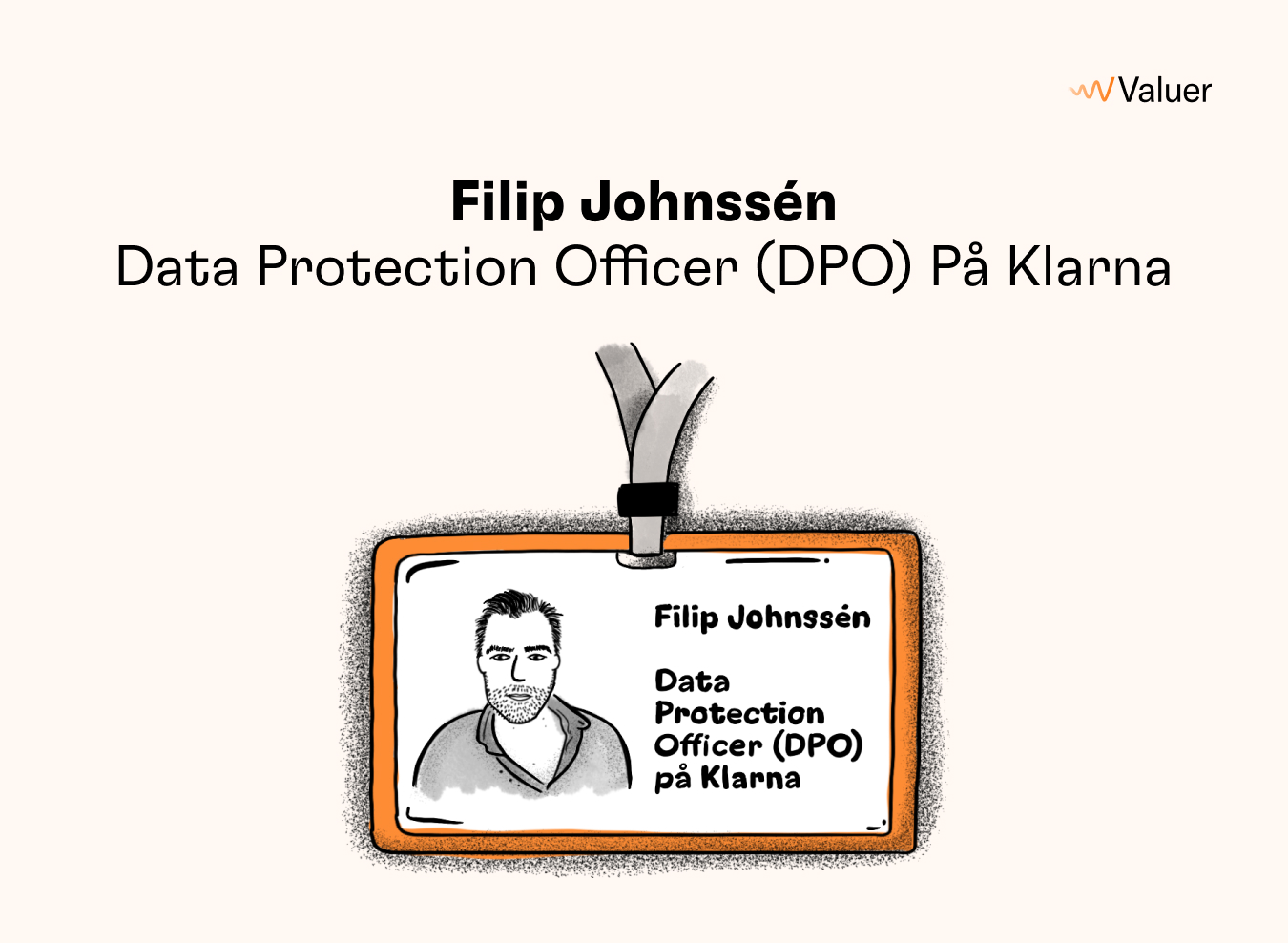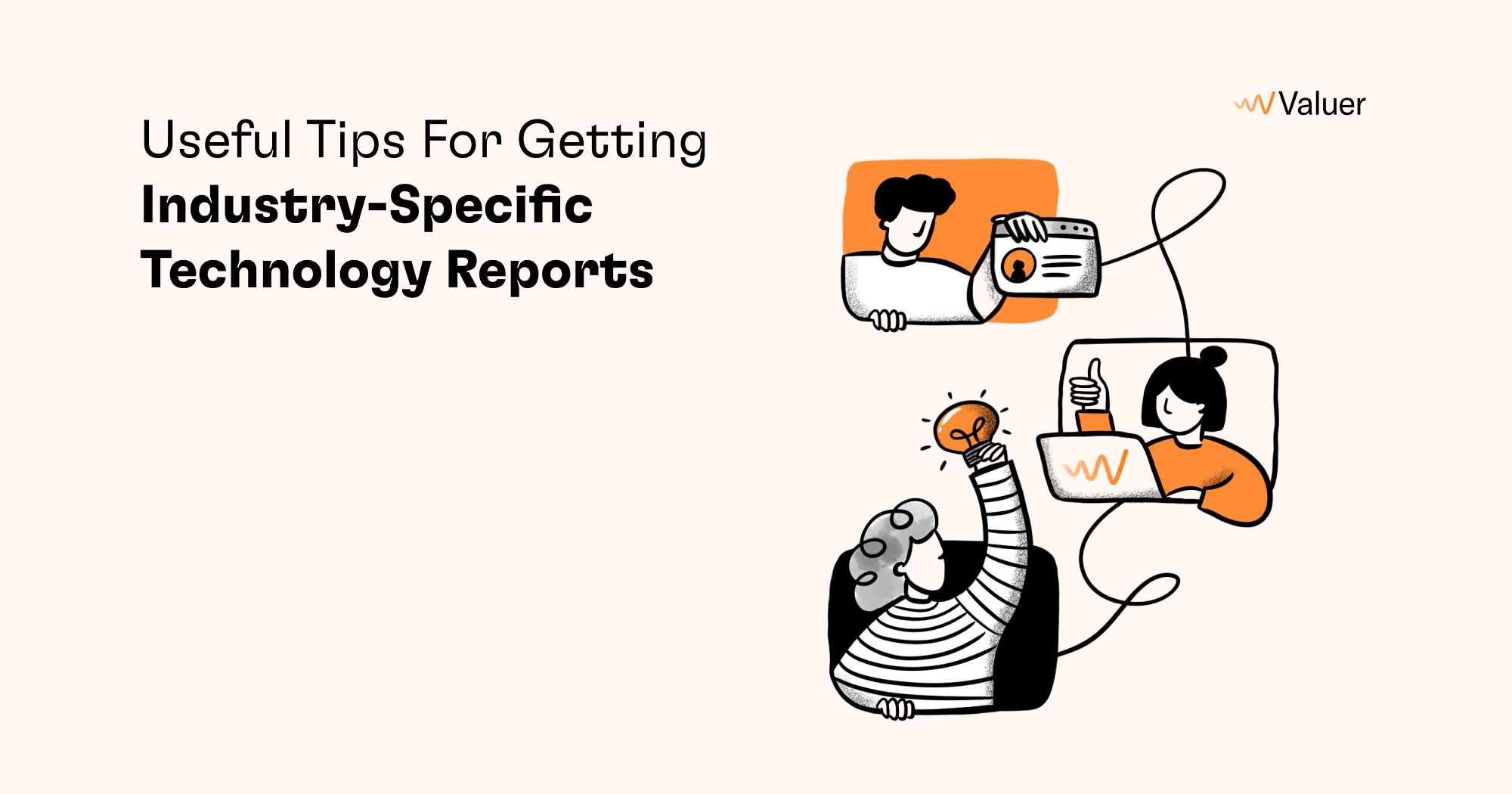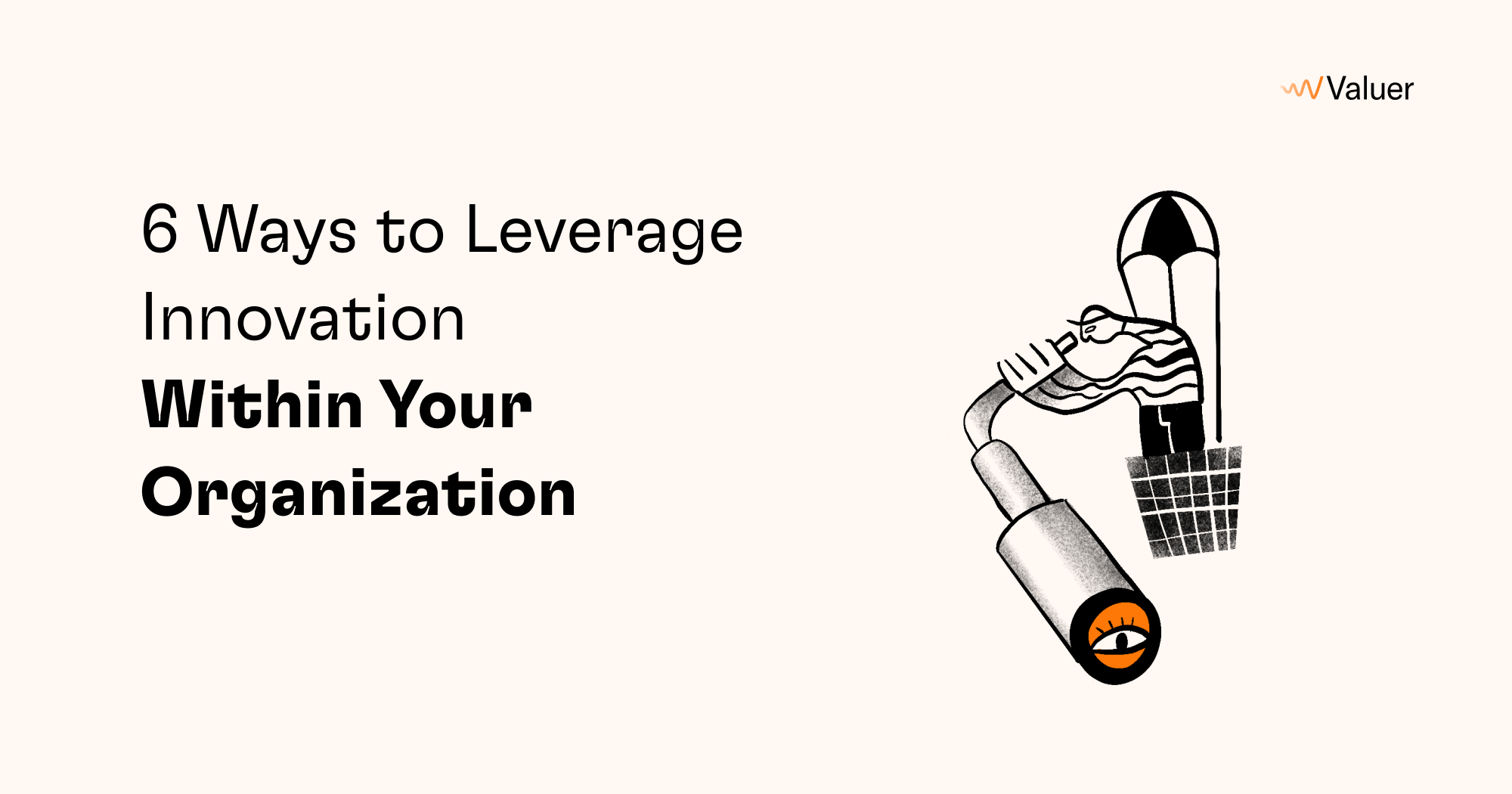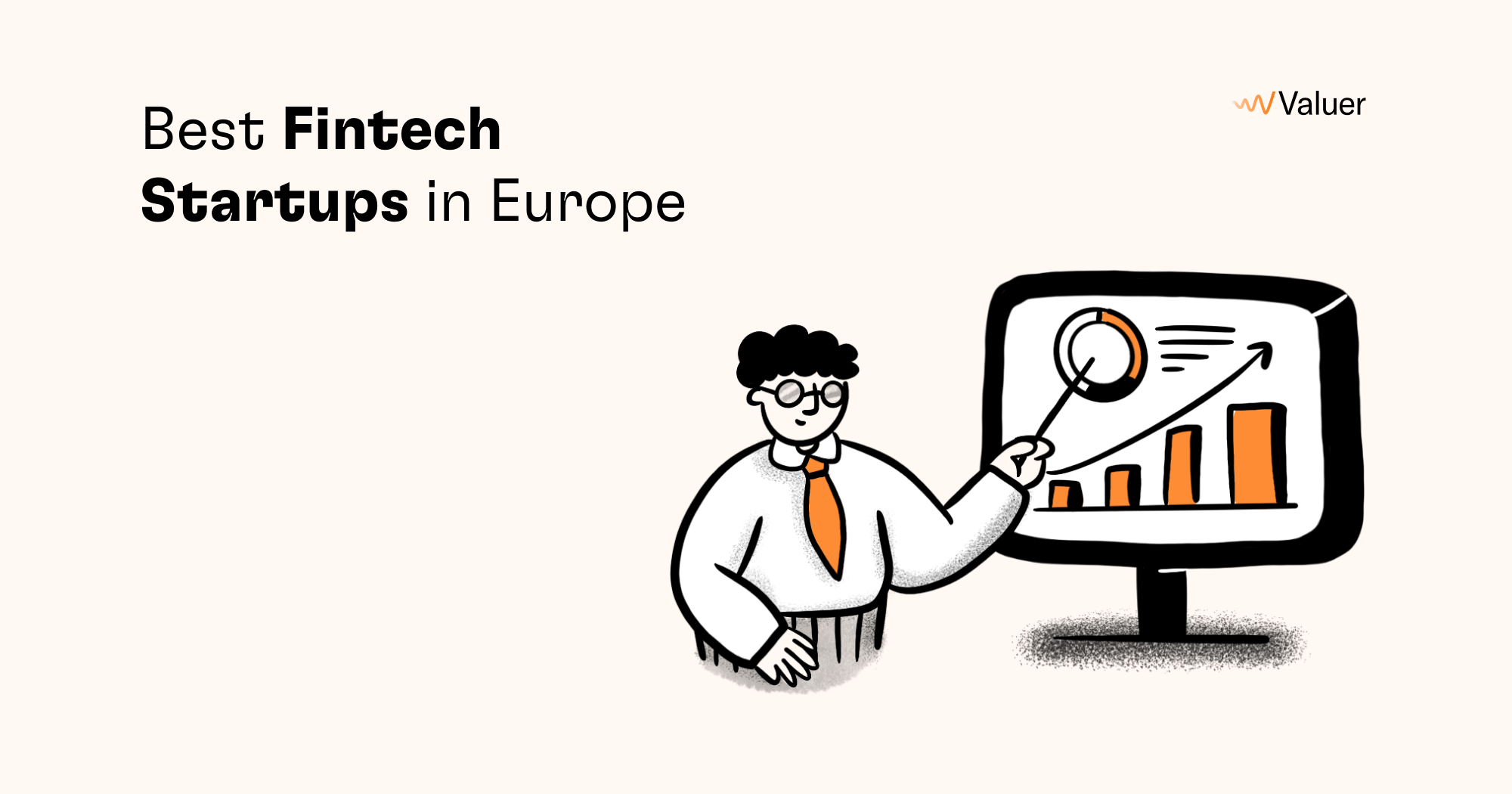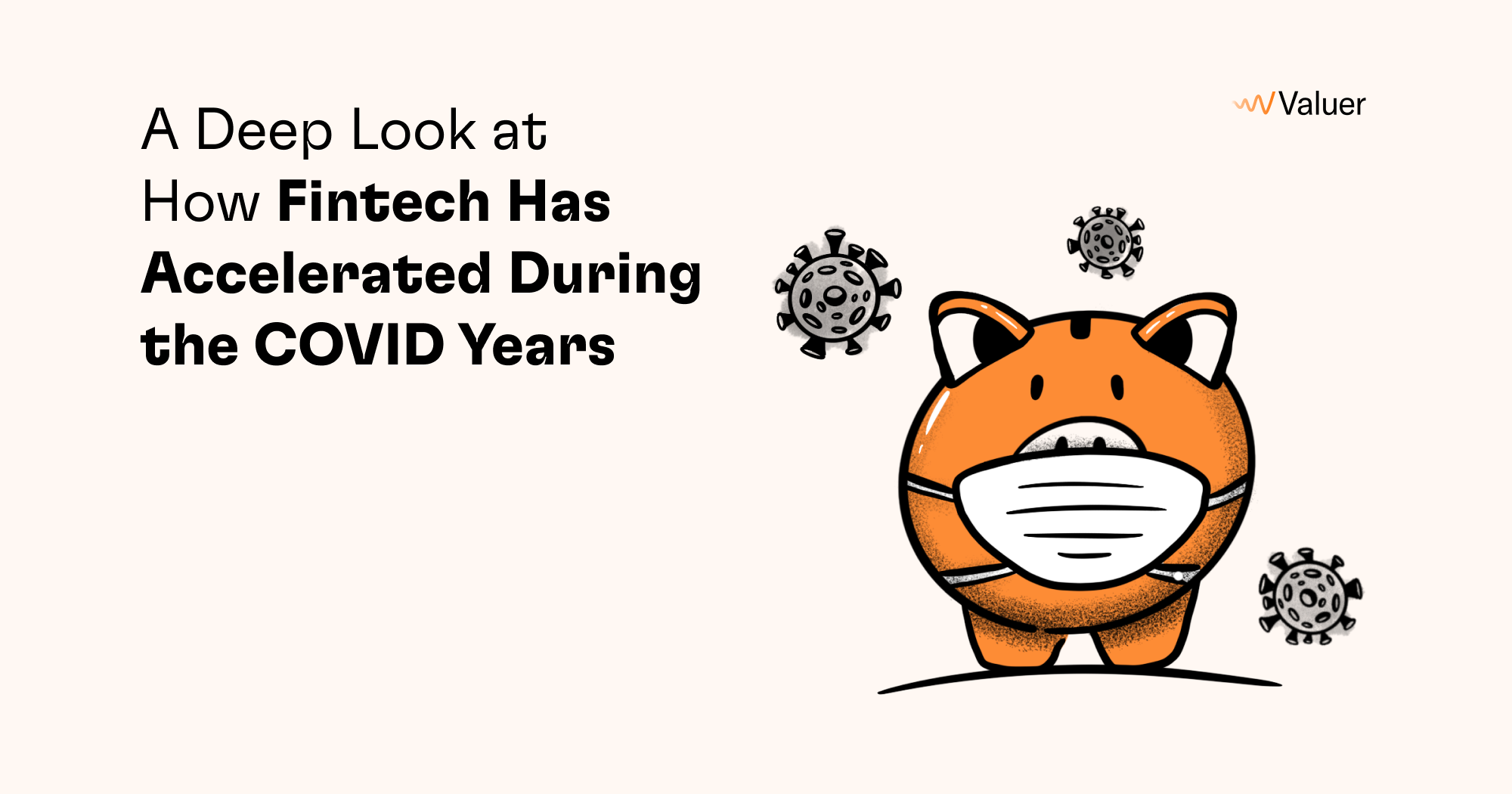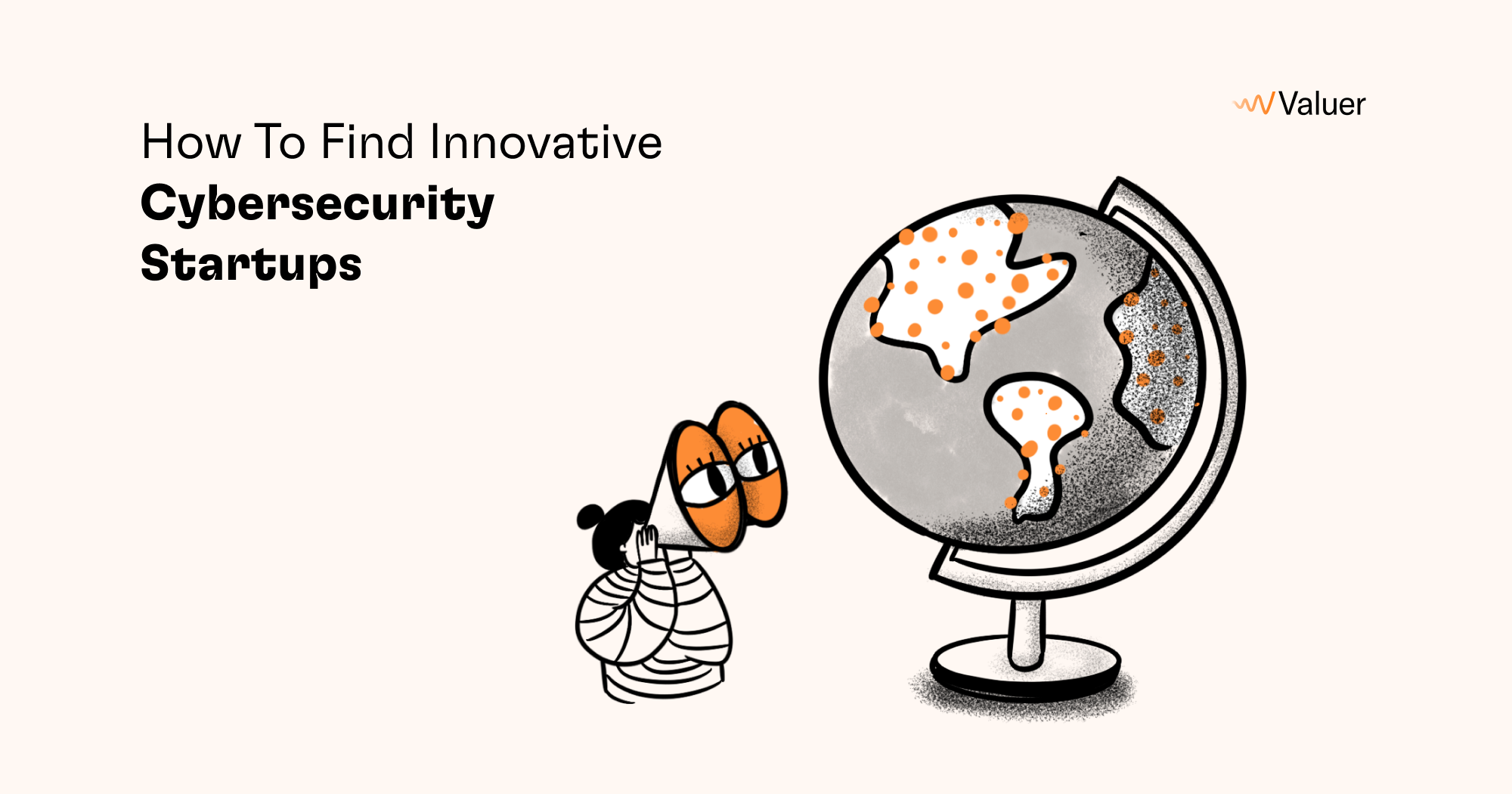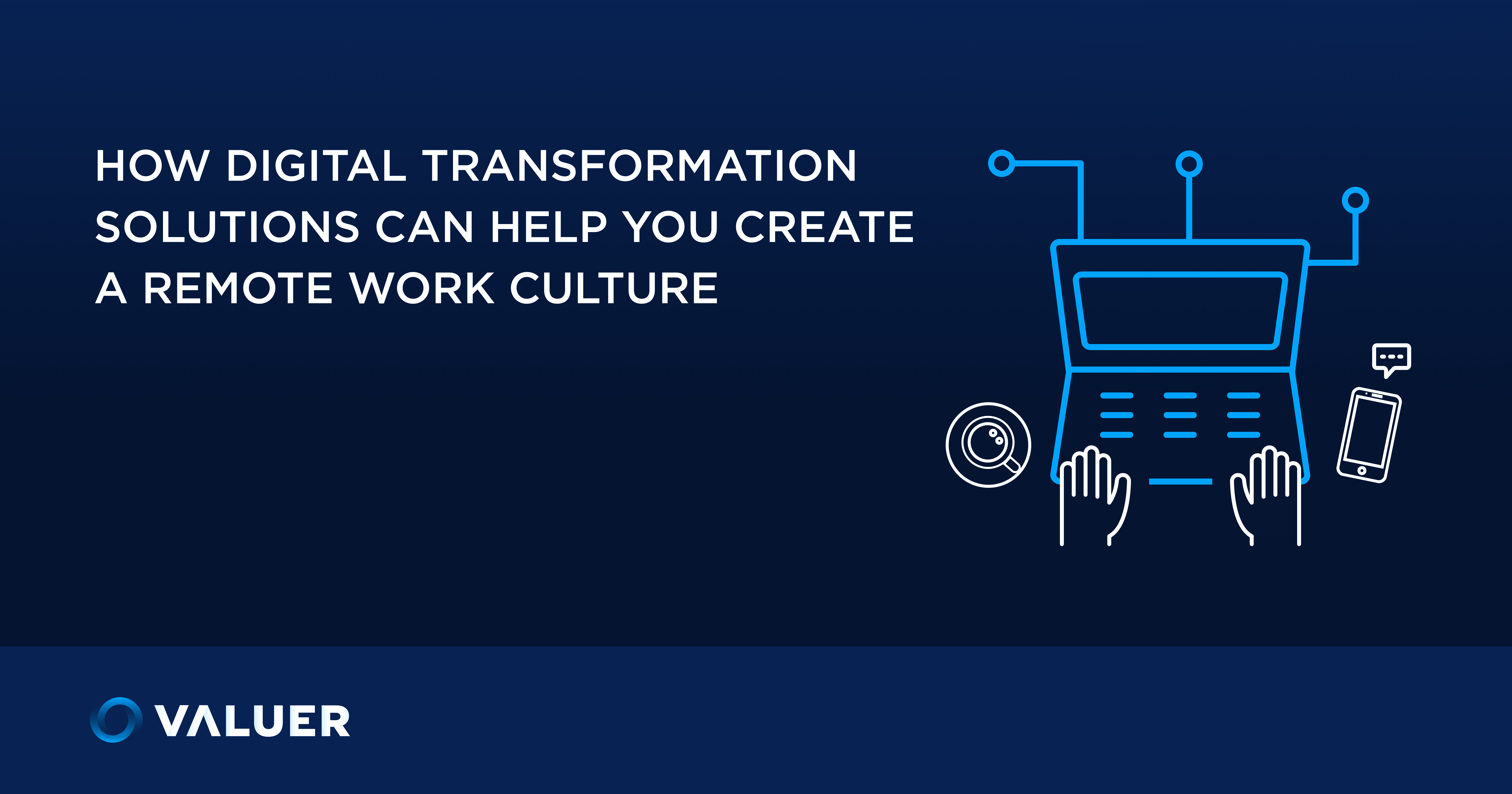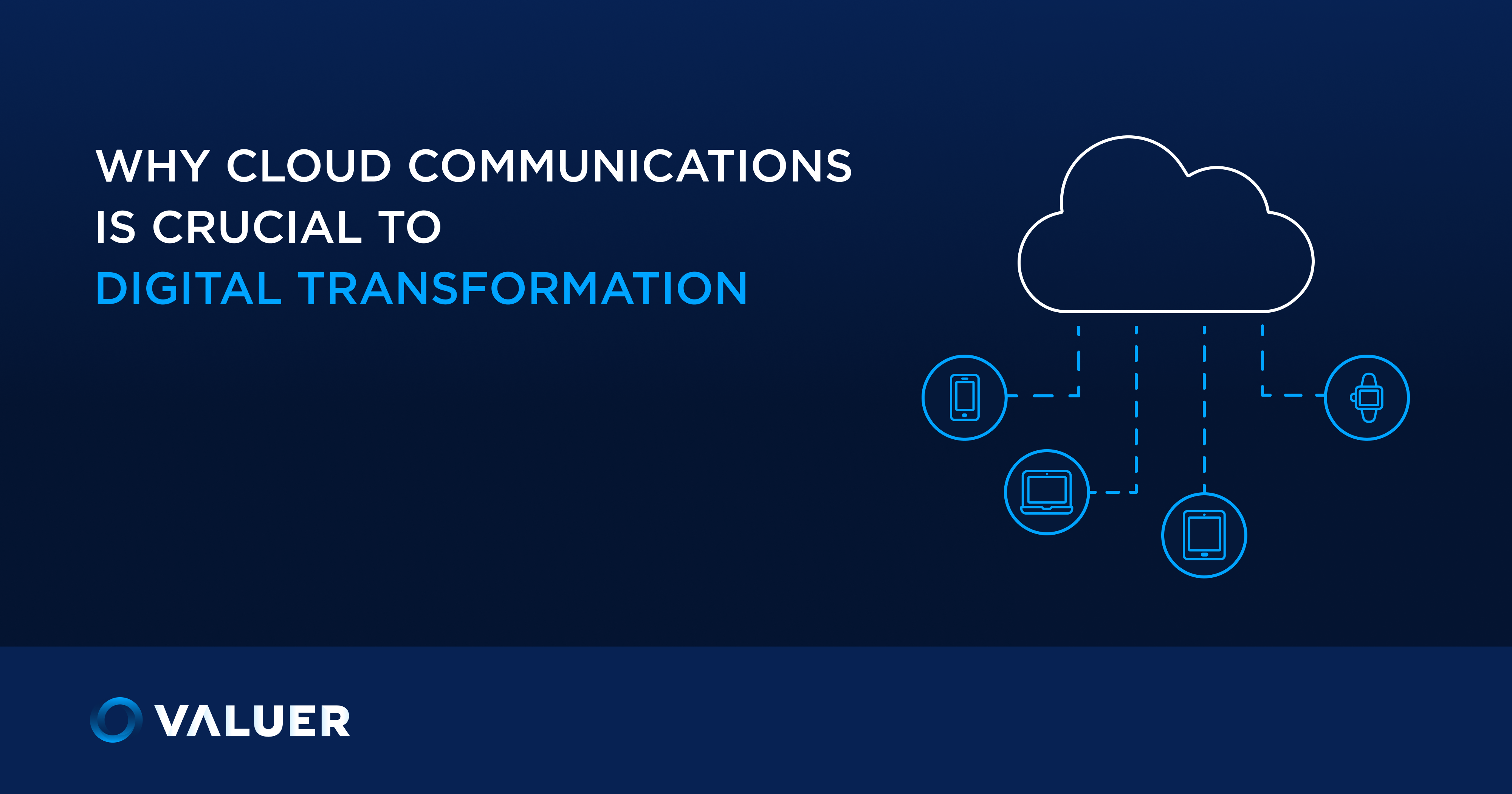In this follow-up article, we highlight the key points discussed in the webinar we hosted between Filip Johnssén, the Data Protection Officer (DPO) på Klarna, and our CTO Christian Lawaetz during this year's Data Privacy Day. During the webinar, the two spoke about data privacy and consumer data as it related to maintaining company growth as businesses and technologies are having an increased reliance on AI, machine learning, and algorithms.
Building a culture of privacy in a growth environment
The webinar began with Christian speaking about developing a culture of privacy within a growing company. Sometimes, there is a conflict between the drive for company growth against the increasing data privacy restrictions and the ethics behind respecting consumer data.
So what can be done when a fast-growing company wants to adopt a strong culture of data privacy and respect for consumer data? To this, Filip Johnssén had this to say:
Filip: "Today, if you set up a company, you need to have privacy and data protection incorporated into your basic principles from the beginning. In the current market, I don't think companies will be able to compete without these factors, to be fair.
I think that is why we saw so many gigantic GDPR projects come about in 2017 and 2018, is that companies we're trying to catch up. But in 2022, data privacy can't just be an extra layer that you add on one or two years down the road. By then, it's too late."
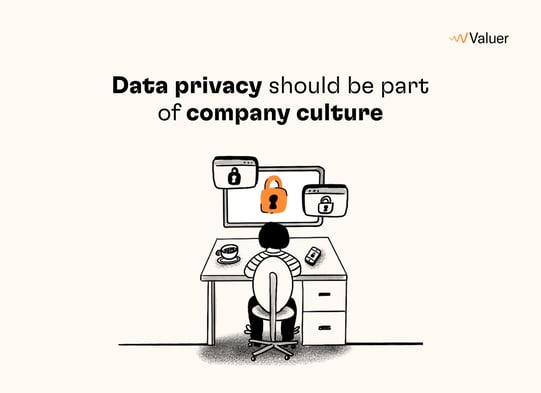
For people who work in departments that are not directly connected to a company's data protection efforts, privacy can sometimes get overlooked, downgraded, or even seen as a drag on efficiency. There are unfortunate cases where companies have been forced to prioritize data privacy due to a data breach or attack, so we asked Filip what he thought companies could do proactively to ensure that all departments are aware?
"Well, I would say that you need to start initiating a culture of data privacy during recruitment and employment checks—making sure that future employees fully understand that privacy is a serious subject for the company. So everyone, from day one, understands the importance of data privacy and how it fits into the company culture."
Impact, challenges, and importance of transparency
The next topic that Christian and Filip spoke about was how important transparency was to data privacy. Transparency is somewhat of an empty buzzword often used in the business world. However, when it comes to data privacy, it is essential but not without challenges.
We asked Filip what he thought about regarding the topic of transparency
Filip: I think data transparency is a really interesting topic. It has become much more important as customers/users have become more aware of privacy and their rights. More and more often, customers are searching for information about what you're doing with their data, and companies should be ready to answer those inquiries and meet customer expectations with transparent and clear information.
There are many different ways that a company could approach this. Maybe, in addition to the boring legal data privacy documents, a company could provide a more approachable description—like in the form of a video or an infographic.
The most important thing about transparency is ensuring users clearly understand what the company is doing with their data and their rights. Then, of course, they also have the opportunity to drill down deep into the heavy legal documents if they desire to."
AI and Ethics from a privacy perspective
During the final conversation of the webinar, the two spoke and discussed the growing topic of AI, data, and ethics. This ever-increasing topic has even sparked job opportunities and post-doc education in subjects like Ethics and Sociology of AI.
For our final question for Filip, we asked him whether he thought that the debate and discussion around AI and ethics is the logical next frontier for data privacy professionals. He had this to say:
Filip: "To be honest, I am not sure. I know that AI and "data ethics" are some of the big buzzwords right now, but I struggle with what is meant when these terms are used together.
Many people don't know this, but I studied moral philosophy before studying law.
Regarding this growing interest in data ethics, I find that the principles are very Western European centered. In contrast, "ethics" is something global and looks different in different parts of the world.
I find that the terminology needs to be narrowed down and clarified. It's tough. Sure AI, data, and ethics are entangled, but there is some ambiguity in the correlation between those terms. For example, in some societies, ethics is more about taking care of "society" as a whole. Whereas in areas like Western Europe and so on, ethics is more in reference to the "individual."
It's tough, but if you want my personal opinion. I would say that AI could be used more to the benefit of society than it is today, but you need to really box it in somehow and make sure it's not misused for the data. But I think that the correlation between AI and ethics, or data and ethics, needs to be discussed more; else, there is the risk that "data ethics" as a ubiquitous terminology will become hijacked by Western thinkers."
Round-Up
The webinar between our CTO Christian Lawaetz and the DPO of Klarna Filip Johnssén was a great success. Hundreds of people joined the webinar live. It asked many questions about how companies can maintain a growth culture. It created even more questions about the growing need for discussion around the topics of AI, data, and how they relate to ethics on a global scale.

